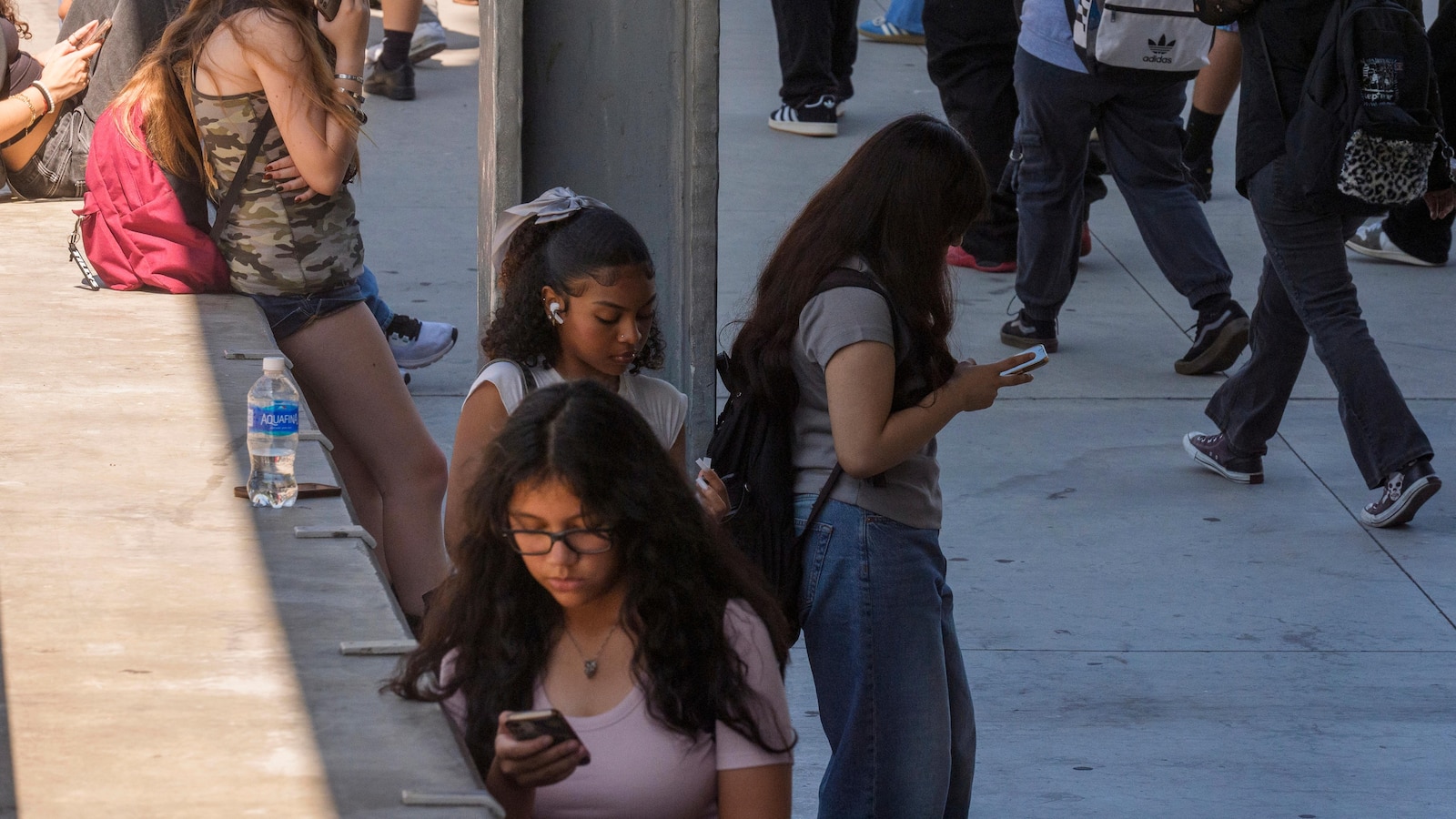LONDON — Worried about your teen’s Instagram use? Faced with growing pressure to do more to stop online harm, the social media platform has rolled out a major new update to protect young people and give parents more control.
With many teens spending almost all of their time online, parents are concerned that social media is exposing them to harmful content like cyberbullying, eating disorders and suicidal thoughts. Prominent profile figures including U.S. Surgeon General Vivek Murthy and Prince Harry have warned about the risks.
Critics say Instagram’s changes are a step in the right direction but they still put the onus on parents and children instead of the company to deal with the problem.
Here’s a guide to Instagram’s new teen accounts:
Instagram already prohibits anyone under 13 from signing up.
Now, teen accounts will automatically be set to private. That means they’ll have to accept or reject requests from new followers. Other users won’t be able to see a teen user’s posts and videos, or tag the account.
Teens will also face messaging restrictions. They can only receive direct messages from people they’re following or who follow them. But they can still send messages to other accounts.
And they’ll be subject to the strictest content settings, and won’t be shown content involving sensitive topics like fighting videos and posts about cosmetic procedures. Instagram’s anti-bullying feature will be set to the highest level to screen out offensive words and phrases in comments and direct message requests.
To cut down their screen time, teens will get a notification to stop using the app after it’s been open for more than an hour — which they can ignore.
Sleep mode will kick in from 10 p.m. to 7 a.m., which mutes notifications and sends auto-replies to direct messages at a time when they’re supposed to be sleeping. However, they can still scroll through Instagram and even respond to messages if they want to.
These limits will be turned on automatically for all teens, but 16 and 17-year-olds will have the authority to turn them off. Kids under 16 will need permission to do so and parents can make changes and approve or deny any requests in the family center.
Teens might lie about their age, but it’s getting harder to fool the platform. Instagram has previously started requiring users to verify their ages — by uploading an ID or doing a video selfie — if they try to change their birthdates to show they’re over 18.
Now, Instagram says it will start testing artificial intelligence technology early next year to detect if a user is a teen even if the account lists an adult birthday.
Of course, teens don’t have to agree to be supervised in the first place. Instagram says they and their parents both have to opt in. And either side can revoke supervision at any time.
What if the parent isn’t on Instagram? If you want to use the teen controls, you’ll need an account even if you don’t want it. A spokeswoman said it’s important for parents to be familiar with the platform so they can effectively supervise their teens.
If you don’t think the limits on your teen’s account are strict enough, you can add supervisory controls.
This feature allows parents to see who their teen has traded messages with within the past seven days, but not what’s in those messages.
Not happy that your teen can ignore reminders to stop using the app? There are controls to let parents limit the amount of time their teen spends on Instagram each day. Once the limit is hit, they are cut off. You can also block your teen from using Instagram during specific times of the day, and monitor the topics of content that they’re seeing.
First, you’ll need your teen to set up family supervision on his or her account. On the mobile app, go to settings and scroll down to the family center to activate this feature.
Next, the teen account will have to invite a parent. It will be in the form of a link the teen can send by text message to the parent.
After accepting the invite, the teen user has 48 hours to review and confirm the parent’s response.
Anyone under 18 who now signs up for Instagram in the U.S., U.K., Canada and Australia will be automatically enrolled into a restricted teen account. Existing accounts will be transferred by mid-November. Teens in the European Union’s 27 countries will be migrated later this year.
The rest of the world will get teen accounts in January and they will roll out to other Meta services like Facebook next year.
___
Is there a tech challenge you need help figuring out? Write to us at onetechtip@ap.org with your questions.

